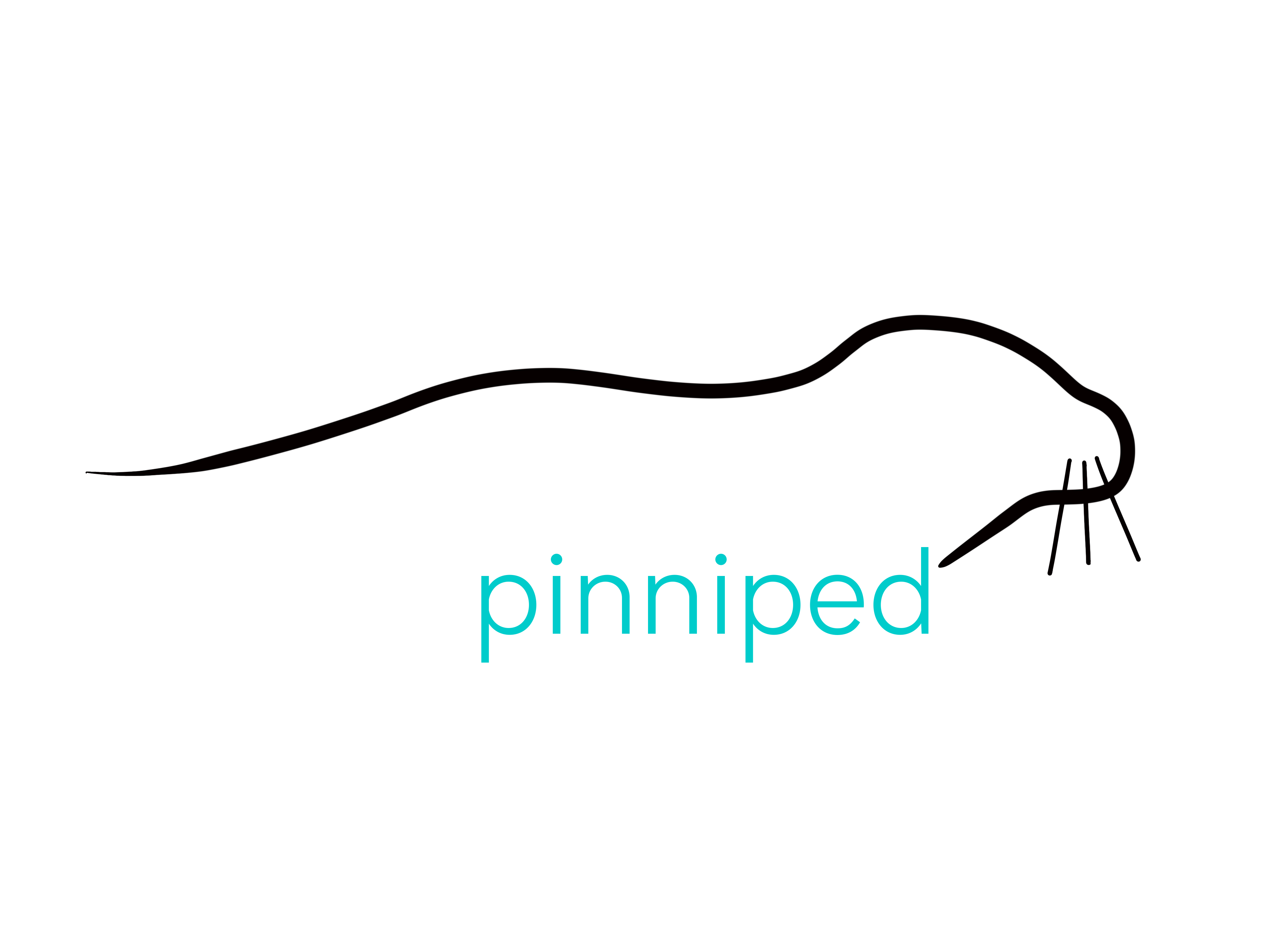This week’s seal is the smallest one in the world. Measuring in at just around 1.2 to 1.4 metres long and weighing little more than 100 kg, Russia’s Baikal Seal (Pusa sibirica) is an extremely unique pinniped.
Found only in one place in the world, Lake Baikal in Russia, it is unlikely many of you have ever seen one of these shy mammals! As the lake is enclosed by land, they live their entire lives in freshwater, and are the only species in the world to do this. Lake Baikal is the largest freshwater lake in the world by volume, containing nearly 23% of Earth’s fresh surface water. It is also the deepest lake in the world, at a maximum depth of 1, 642 metres. The lake is situated in southern Russia, close to the Mongolian border and during winter is covered with a layer of thick ice. Water conditions in the lake are generally very clean and clear, and as a result, the area is rich in wildlife. Despite being targeted in hunts, Baikal Seals are actually doing very well in the lake, and are numbers are judged to be fairly close to the carrying capacity of the habitat, meaning that they are classified as Least Concern by the IUCN. It is not entirely known how the species came to live exclusively in the lake, but they are thought to have been there for about 2 million years.
Baikal Seals are solitary in nature, and are usually found singly throughout the year. Individuals mate with multiple partners in winter, and the females haul out alone on the ice to give birth, digging lairs in the snow in which to nurture the pup. The range of a female does not overlap that of another. When the pup is small it will extend the dens by digging new tunnels using its sharp claws. At around 2 months of age, or just under, the pup loses its natal white coat, and they are finally weaned at around 3 months. The ice starts to melt in most places around then, and the dens will collapse, leaving the pups to fend for themselves and start finding their own food. Baikal Seals feed usually on fish commonly found in the lake, namely two species of Comephorus sculpin fish. Quite a record holder, the Baikal Seal is also the oldest-living pinniped (that we know of), with individuals reaching up to 60 years of age!
If you’d like a bit more on these guys, or what they look like, please click over to www.pinniped.org/front-page/pinnipedia/baikal-seal or visit the Pinnipedia! Our photo of a cute little Baikal Seal is by Per Harald Olsen, and we hope you’ve enjoyed learning a little this #SealSunday.

